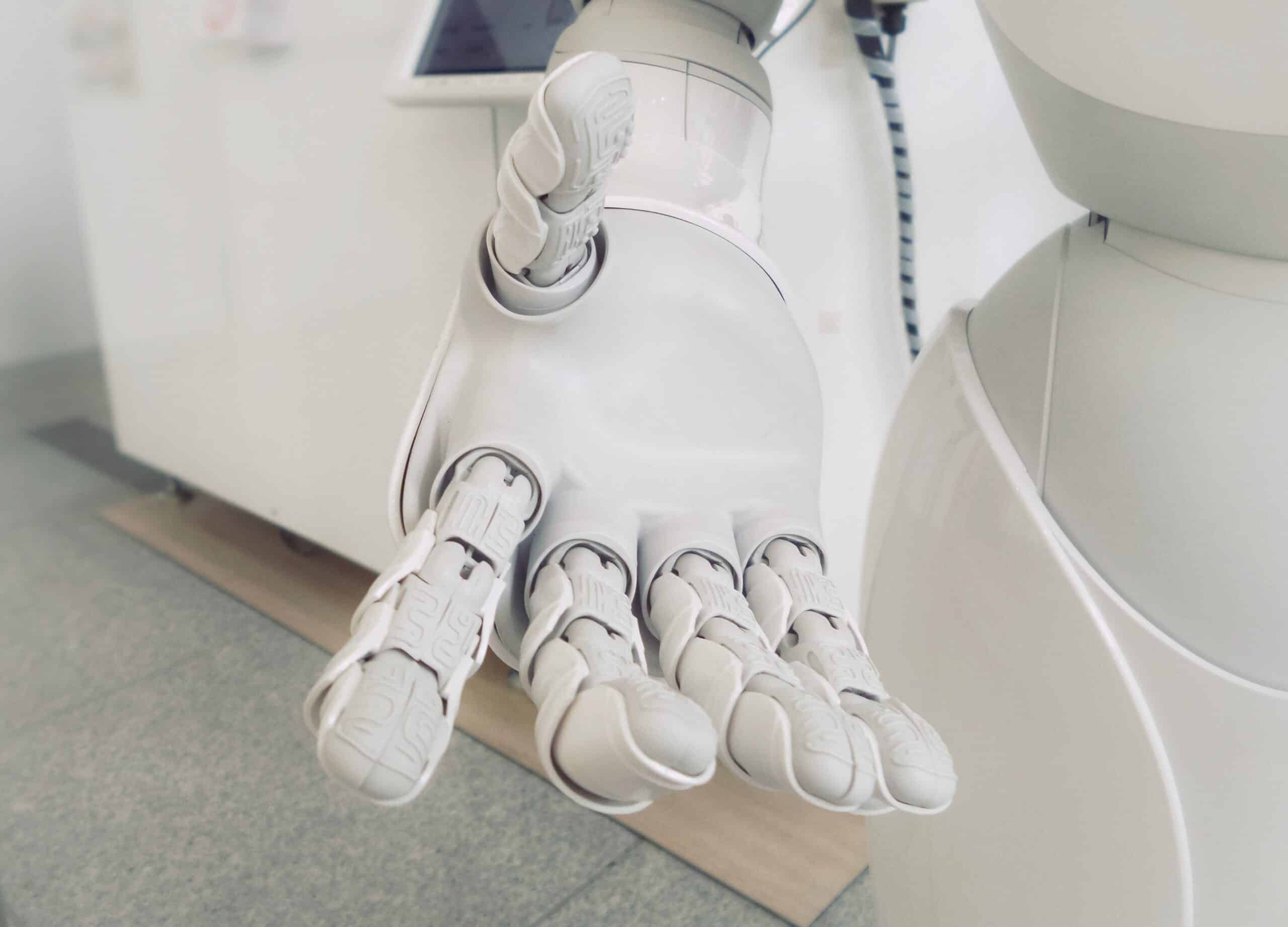I've told you about it several times: the COVID-19 crisis will accelerate a series of changes and transformations in human society. In particular, it could significantly accelerate the fourth industrial revolution.
This is because the coronavirus crisis has forced people to stay at home and minimize contact to contain the spread of the infection. This is why contactless technology will become even more widespread in society. And contactless technology doesn't involve many real workers. Massive unemployment will occur as robotics, artificial intelligence, drones and automated driving technologies have begun to proliferate in response to the crisis. All factors that will replace different job skills traditionally the prerogative of human beings.
This revolution will take jobs away from many workers in a variety of occupations.
The standard-bearers of the job cut
What will be the consequences of the acceleration of the Fourth Industrial Revolution caused by the coronavirus crisis?
The “seat-cutting” technologies that will spread most rapidly are in the field of digital transformation (DX). Online conferencing, virtual reality and augmented reality (VR and AR), robotics and artificial intelligence (AI), drones and automated driving.
Those engaged in simple manual jobs that can be replaced by robots, drones and automated driving will lose their jobs. However, these people will be able to get new jobs learning slightly more advanced skills than manual labor.
What kind of skills should we develop in the next few years, given the rapid progress of the Fourth Industrial Revolution? And what capabilities should nations and companies focus on in human resource development?
In something we are (still) unbeatable
The greatest crisis will be for those engaged in jobs that depend on the application of knowledge e professional judgments based on logical thinking: two skills in which AI has an overwhelming advantage.
Eye, because not even lawyers, accountants, doctors, pharmacists and other professions are an exception in the medium to long term.
6 skills at work, 2 for each area
However, many experts agree on three advanced skills that cannot be replaced by artificial intelligence: hospitality, management and creativity.
It must be said that rapidly developing AI technologies will also affect these three skills at work, but at rudimentary levels. It is an inevitable consequence that pertains to it definition of artificial intelligence. For this we need to acquire and perfect more sophisticated skills in these areas to stay safe.
Hospitality

For hospitality, AI will be able to easily take over standardized services based on verbal communication, such aswelcome and information. For this reason, humans will need to acquire more advanced hospitality skills.
The first is the ability to engage in non-verbal communication.
In other words, we need to improve the ability to listen to the silent voice of customers, to grasp what they are feeling and to communicate feelings that transcend words.
The second is the ability to show deep empathy with customers.
This is the most important skill that allows us to practice our nonverbal communication skills at the highest level. It goes without saying that these two skills can NEVER be completely replaced by artificial intelligence.
Management

In this case, AI is set to replace workers in tasks such as financial management, materials management, human resources management and project management. These are areas where AI capabilities are expected to surpass those of humans in the future.
This will direct people towards more advanced management tasks that cannot be replaced by AI. In this area there are two skills that play a key role.
The first is the ability to undertake growth management.
This is the ability to support members of the organization to develop their skills and grow professionally, and this is based on coaching skills.
The second is the ability to support the management of the mind.
This is the ability to support the recovery of distressed organizational members when they suffer from problems arising from interpersonal relationships or other problems, and is based on counseling skills.
Both of these skills, which can never be replaced by AI, will be extremely important for managers and leaders of the future.
Creativeness

In this field, while doing enormous progress AI will never be able to replace genius: abilities such as inventing and subverting are beyond the reach of most individuals, let alone machines.
Here too there will be two fundamental skills to take into account.
The first is the ability to perform collective intelligence management.
This is the ability of leaders to manage organizational members by bringing them together, encouraging them to share their knowledge, and facilitating the emergence of new knowledge resulting from this process.
The vital elements that enable the demonstration of this skill are the ability to express a vision that excites members of your organization, and the ability to undertake Ego Management. Create an environment where members can transcend the individual and cooperate with each other.
The second work skill is the ability to implement new ideas in an organization.
This is the ability to go beyond simply proposing new ideas. It is the ability to attractively explain the idea, skillfully persuade others about this idea and smoothly move the organization forward to implement it.
Because the creativity truly required in a company involves much more than the ability to propose new ideas.
It also requires the on-the-job skills I mentioned: the ability to perform collective intelligence management and the ability to implement new ideas in an organization.
This deep crisis and this frenetic revolution will lead to the elimination of many jobs in the coming years and even highly qualified professionals are not immune from this situation.


